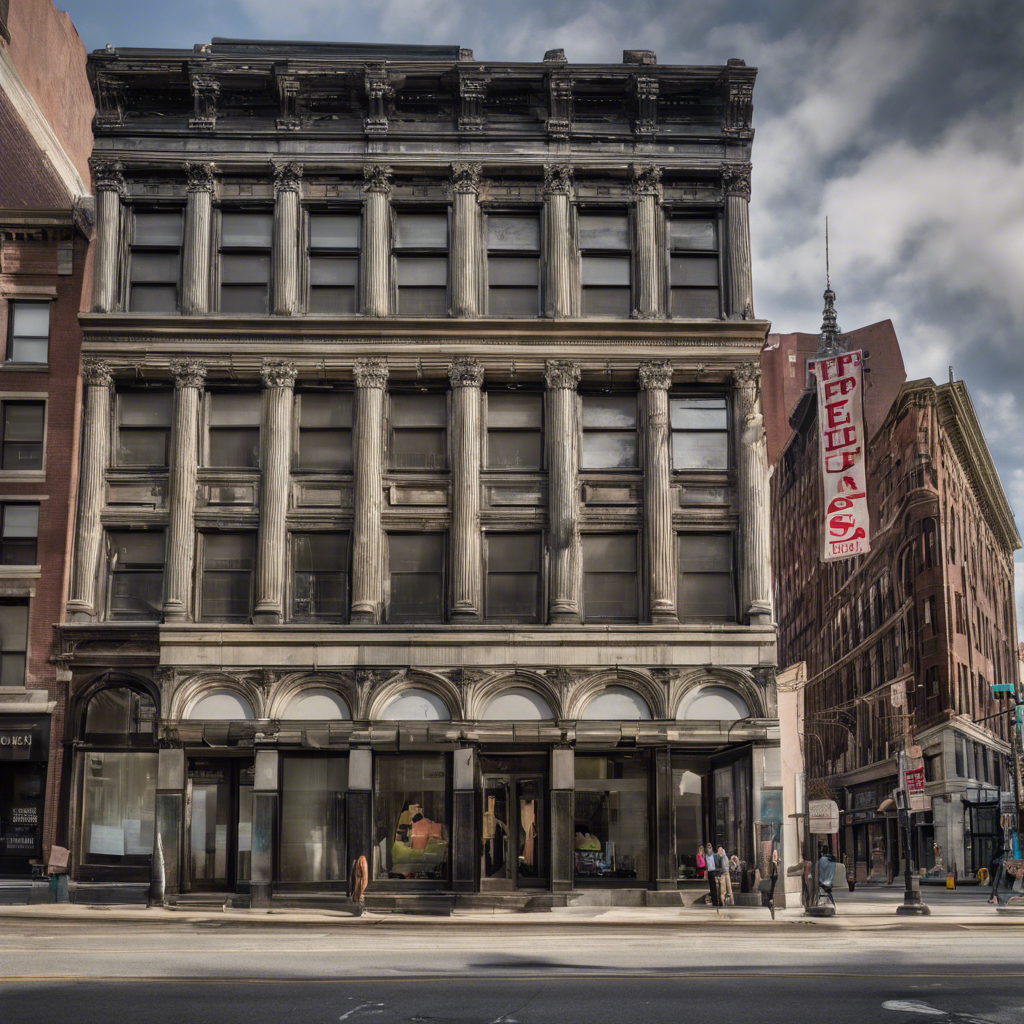PREIT Files for Bankruptcy Again, Sells Fashion District Philadelphia

The organization that owns major malls across the Delaware Valley seeks financial reorganization amid the rise of online shopping.
PREIT, the organization that owns several major malls across the Delaware Valley, has filed for bankruptcy for the second time since the pandemic. This filing includes the sale of the Fashion District Philadelphia in Center City, with full ownership transferring to Santa Mónica-based developer Macerich. While the future plans for the property remain uncertain, there is speculation that it could potentially become a billion-dollar NBA arena for the 76ers. However, PREIT officials have assured tenants, vendors, and employees that they will not be immediately affected by this development. As online shopping continues to gain popularity, PREIT hopes that this financial reorganization will reduce its debt load and position its remaining properties for success in the competitive retail landscape.
Shift in Consumer Behavior: The Rise of Online Shopping
The convenience and accessibility of online shopping have significantly impacted traditional brick-and-mortar retailers. Many shoppers find it more convenient to browse and purchase products from the comfort of their own homes, leading to a decline in foot traffic at physical stores. This shift in consumer behavior has been further accelerated by the COVID-19 pandemic, with social distancing measures and lockdowns prompting even more people to turn to online shopping. As a result, malls and shopping centers have struggled to attract customers, leading to financial challenges for companies like PREIT.
PREIT’s Financial Reorganization Strategy
In an effort to address its financial difficulties, PREIT has filed for Chapter 11 bankruptcy. This allows the company to reorganize its debts and develop a plan to repay creditors while continuing its operations. As part of this process, PREIT has sold the Fashion District Philadelphia to Macerich, a move aimed at reducing the company’s overall debt by $880 million. By shedding this property, PREIT hopes to strengthen its remaining portfolio of shopping centers, including the Cherry Hill Mall, Plymouth Meeting Mall, and Willow Grove Park, and position them for success in an increasingly competitive retail market.
Uncertain Future for Fashion District Philadelphia
With the sale of the Fashion District Philadelphia, the future of the property remains uncertain. While speculation suggests that it could potentially be transformed into a billion-dollar NBA arena for the 76ers, no concrete plans or contracts have been announced. PREIT officials have reassured tenants, vendors, and employees that they will not be directly affected by this development in the near future. However, the sale of the property highlights the challenges faced by traditional malls and the need for innovative strategies to attract customers and remain financially viable.
Consumer Perspectives on Online Shopping
For many consumers, the convenience and variety offered by online shopping outweigh the appeal of traditional malls. John Connor, a resident of Exton, explains that the Exton Mall is mostly empty, leading him to prefer shopping online or visiting the larger King of Prussia Mall. Grace Presley, from North Philadelphia, also highlights the time-saving aspect of online shopping, stating that she orders half of her purchases online due to a lack of time. These perspectives reflect the changing landscape of retail, where consumers increasingly prioritize convenience and variety over the traditional mall experience.
Conclusion:
PREIT’s decision to file for bankruptcy and sell the Fashion District Philadelphia reflects the challenges faced by traditional malls in the era of online shopping. The convenience and accessibility of e-commerce have reshaped consumer behavior, leading to a decline in foot traffic at physical stores. By undergoing financial reorganization and shedding the Fashion District property, PREIT aims to reduce its debt and strengthen its remaining portfolio of shopping centers. However, the uncertain future of the Fashion District and the ongoing shift in consumer preferences highlight the need for innovative strategies to attract customers and ensure the long-term viability of traditional retail spaces. As the industry continues to evolve, it remains to be seen how companies like PREIT will adapt to meet the changing demands of consumers in an increasingly digital world.

